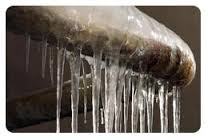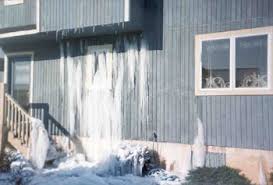Getting the best possible rate for your life insurance policy may mean that you have to undergo a medical exam. Preparing for this exam is important. The better your overall physical health, the lower your life insurance premium will be.
 With this in mind, preparing for and being at your best at the time of the medical exam could mean the difference in getting “preferred rate” or getting a “standard rate”.
With this in mind, preparing for and being at your best at the time of the medical exam could mean the difference in getting “preferred rate” or getting a “standard rate”.
Here are some things that we at Bragg Insurance Agency advise our clients to do in preparation of the life insurance exam.
- Some things that can negatively affect your medical exam and life insurance rates are your height to weight ratio (obesity), and drug and/or alcohol use. If you are slightly overweight try to lose a few pounds before the exam
- Try to abstain from using alcohol and caffeine at least 3 days prior to the exam. Also let the examiner know about any prescription drugs that may be in your system.

- Stay away from fatty foods such as shellfish and poppy seeds for at least 3 days prior to the exam. Shellfish can increase your cholesterol and poppy seeds can cause you to test positive for opium. (Insert Seinfeld Joke Here)
- If you are a smoker, the best thing that you can do for the exam and for your longevity is to stop smoking as soon as possible. Smoking and tobacco use cuts about 10 years off of your life expectancy. While you have to disclose your lifetime tobacco use, kicking the habit makes life insurance underwriting go much smoother.
- Schedule your exam for first thing in the morning and before you have breakfast. The exam will come out in your favor if you fast the day before. Scheduling the exam for early the next morning makes this a little easier.
- Get plenty of rest. Since you will be fasting anyway, go to bed early the night before the exam and try to relax.

- The exam could take as long as 30 minutes. Allow yourself some extra time and relax. Your exam results could be negatively affected if you are in a rush, inpatient, or edgy. Relaxation will help your heart rate and your blood work.
- Have your photo ID ready and expect some questions from the examiner. They are going to ask you about smoking, drinking, drug use, and any dangerous activities. These are normal questions that are asked of everyone so don’t be offended or surprise, just be ready to give accurate answers.
- During the medical exam the nurse will check your height, weight, pulse, and your blood pressure. They will also likely ask for a urine sample and draw blood. In some cases they may even administer and EKG. Again this is all normal, so try to stay relaxed.
Once your exam is completed the insurance company will start the process of determining your rating tier. Depending on the application and the results from the  exam this could go quickly, or they may ask your doctor for a statement in regards to an underwriting question.
exam this could go quickly, or they may ask your doctor for a statement in regards to an underwriting question.
If they ask your doctor for a physician’s statement it may take some time for your doctor to respond. On average it takes about 30 to 45 days for an insurance company to obtain a physicians statement from most doctors. Your doctor may be quicker to respond or slower.
For more information on life insurance exams and life insurance in general, contact Bragg Insurance Agency at 317-758-5828, or by email at info@bragginsurance.com





















